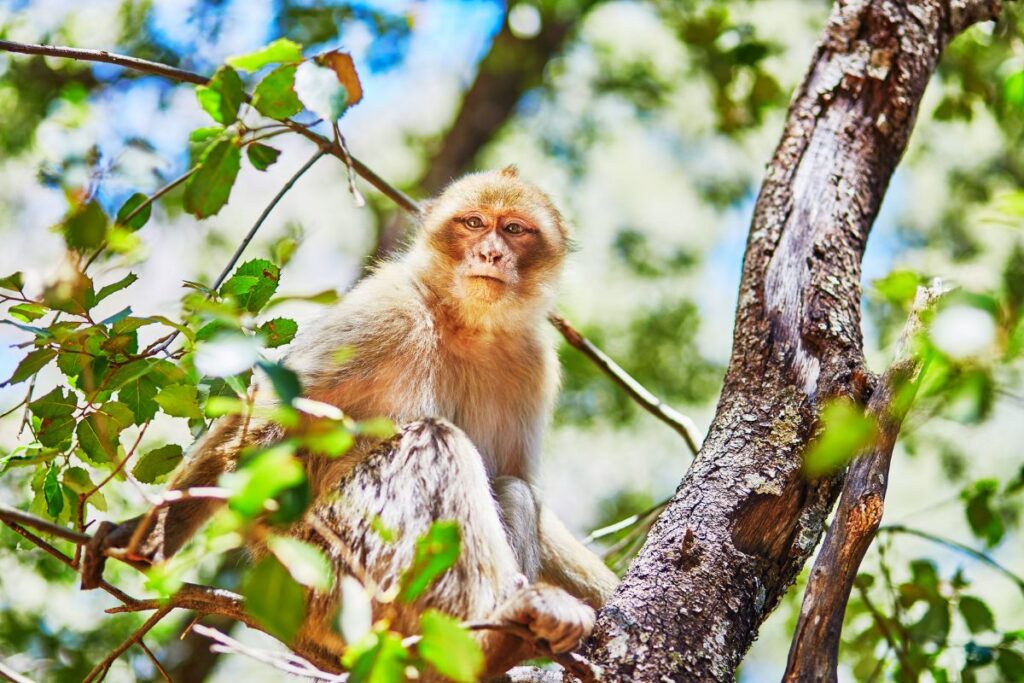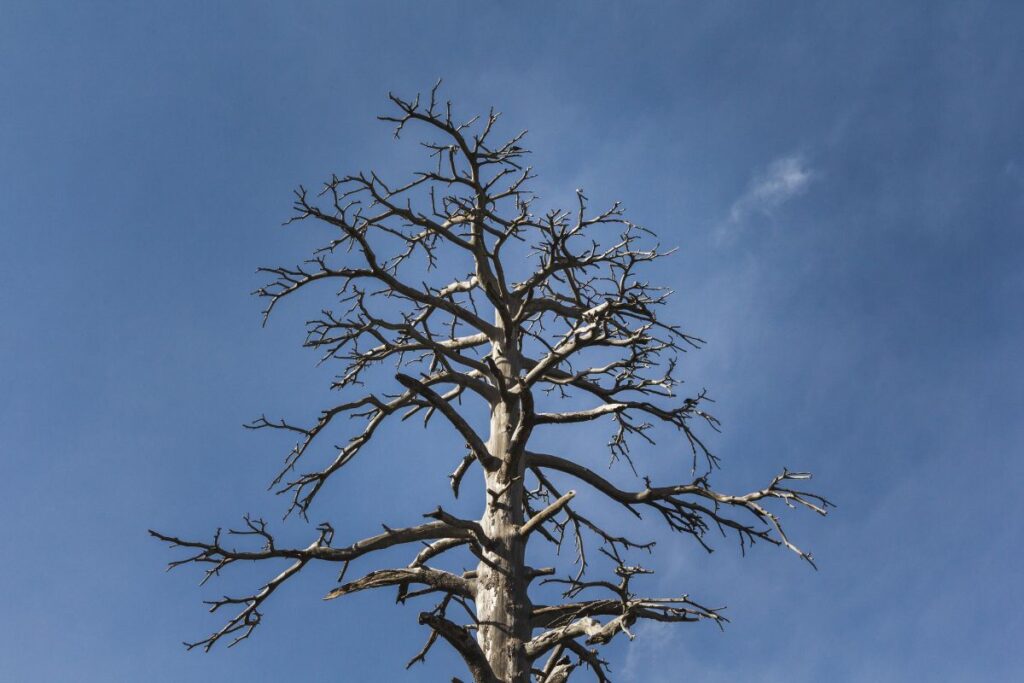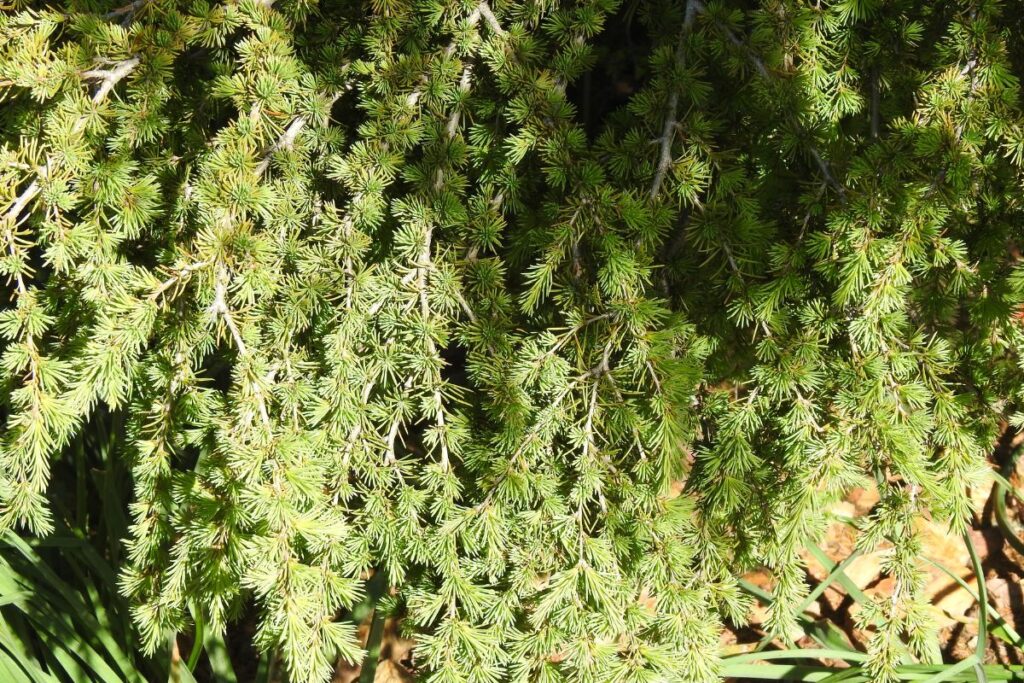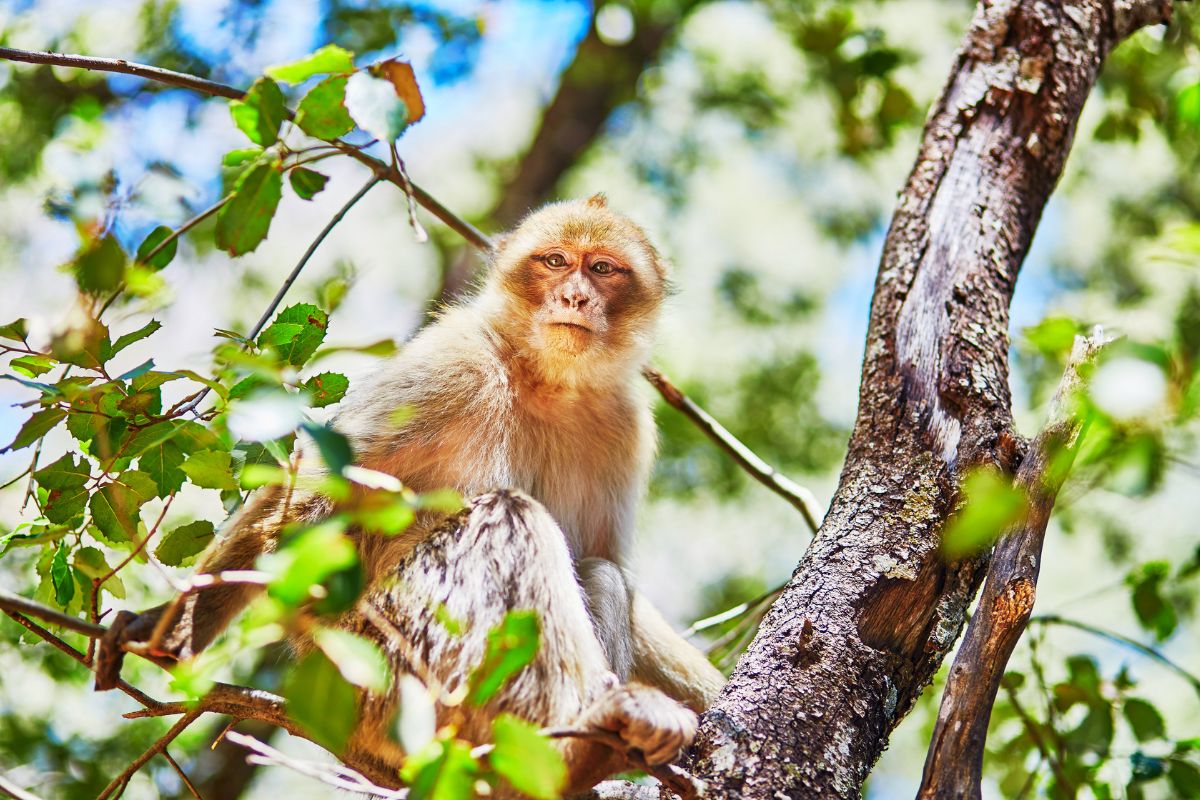In the heart of the Atlas Mountains of Morocco lies a realm of natural wonder and timeless beauty—the cedar forests. These ancient woodlands are a testament to the enduring power of nature and a living connection to Morocco’s rich history and culture. In this exploration, we will journey through the captivating world of the cedar forests, discovering the majestic Atlas Cedars and their significance in the past and present.
The Cedar Forests: Ancient Wonders of Morocco’s Atlas Mountains



The Atlas Cedars: Guardians of the Mountains
The Atlas Cedars, scientifically known as Cedrus atlantica, are among the most iconic and ancient tree species on the planet. These majestic trees are native to the Atlas Mountains, which span across Morocco, Algeria, and Tunisia. The Atlas Cedars have been a symbol of strength, resilience, and longevity for centuries, earning them a revered place in Moroccan culture and history.
Standing tall against the backdrop of the rugged Atlas Mountains, Atlas Cedars are known for their impressive size and longevity. Some of these trees are estimated to be over 400 years old, while others may be even older, dating back to the time when Morocco was part of the Roman Empire. The largest and oldest among them are often referred to as “millennium cedars,” a testament to their ancient lineage.
The Atlas Cedars and Moroccan Culture
The Atlas Cedars have played a significant role in Moroccan culture and history for generations. These trees have been celebrated in art, literature, and religious traditions, serving as a symbol of strength and endurance. In Moroccan folklore, the cedar is often associated with wisdom, resilience, and protection.
One of the most famous cedar forests in Morocco is located in the region of Ifrane. Here, a dense cedar grove known as “Michlifen” serves as a popular destination for both locals and tourists. The forest’s cool shade and the soothing scent of cedar resin make it a perfect spot for relaxation and contemplation.
Conservation Efforts and Challenges
While the Atlas Cedars have thrived for centuries, they face modern challenges in the form of deforestation, climate change, and habitat degradation. The demand for cedar wood and land for agriculture has led to the loss of these ancient forests over the years. This has raised concerns about the future of these remarkable trees and the ecosystems they support.
Moroccan authorities, in collaboration with international organizations, have initiated conservation efforts to address these challenges. These initiatives aim to protect the cedar forests, promote sustainable forestry practices, and raise awareness about the importance of preserving these unique ecosystems. The implementation of conservation measures, such as controlled logging and reforestation programs, has been instrumental in safeguarding the future of the Atlas Cedars.
Biodiversity and Ecosystem Services
The cedar forests of the Atlas Mountains are not just home to ancient trees; they are also hubs of biodiversity. These forests support a wide variety of wildlife, including the endangered Barbary macaque, North African boar, and a plethora of bird species. The Barbary macaque, in particular, is a critically endangered species that relies on the cedar forests for its habitat and survival.
Moreover, the cedar forests provide essential ecosystem services to the surrounding communities. They help regulate local climate, prevent soil erosion, and contribute to water conservation by acting as natural reservoirs. The trees’ aromatic resin has been used for centuries in traditional Moroccan medicine and perfumery, highlighting their cultural and economic significance.
Tourism and Eco-Tourism
In recent years, the Atlas Cedars have also become a popular destination for eco-tourism. Tourists from around the world are drawn to the serene beauty of these ancient forests, where they can hike, camp, and immerse themselves in the natural wonders of the Atlas Mountains. Many local communities have embraced eco-tourism as a sustainable way to generate income while preserving their natural heritage.
Visitors to the cedar forests can witness the majestic trees up close, surrounded by the soothing sounds of nature. The diverse flora and fauna that inhabit the forests offer a unique opportunity for nature enthusiasts and wildlife photographers to explore and capture the beauty of Morocco’s highlands.
Preserving the Legacy
The Atlas Cedars of Morocco are more than just trees; they are living witnesses to the passage of time, resilient survivors in a changing world. As guardians of the Atlas Mountains, these ancient trees are a source of inspiration, cultural significance, and ecological importance.
Preserving the legacy of the Atlas Cedars requires a collective effort—balancing the needs of the local communities, sustainable forestry practices, and conservation measures. By valuing these ancient trees and the ecosystems they support, Morocco can ensure that future generations continue to marvel at the beauty of the cedar forests and the enduring stories they tell about the land, its people, and the timeless spirit of nature.
